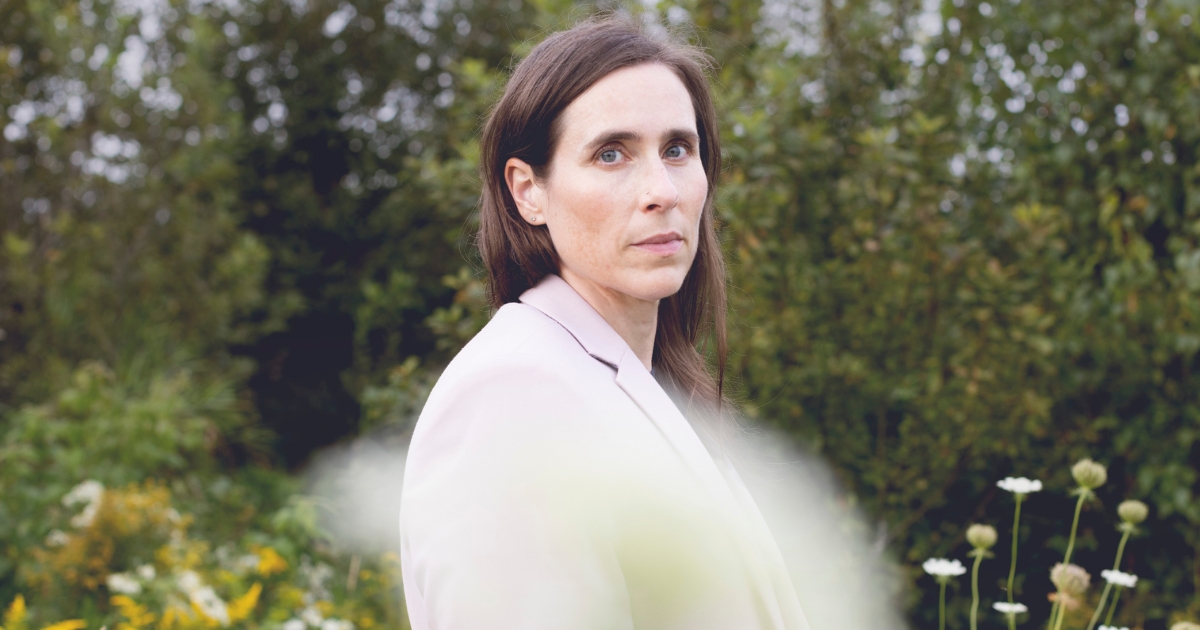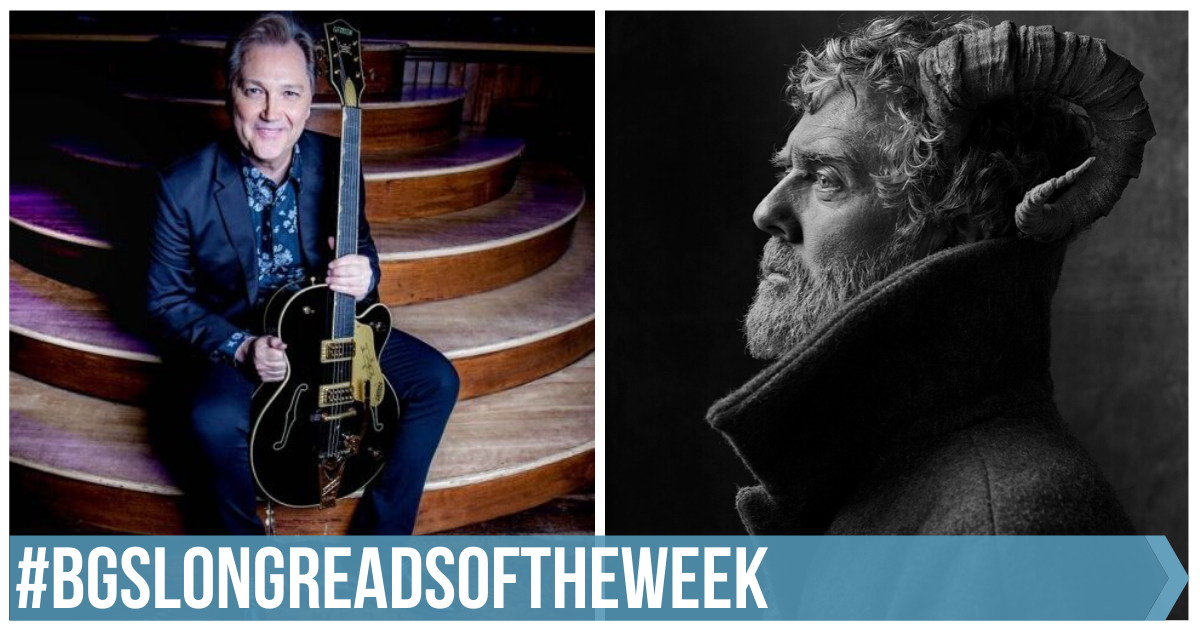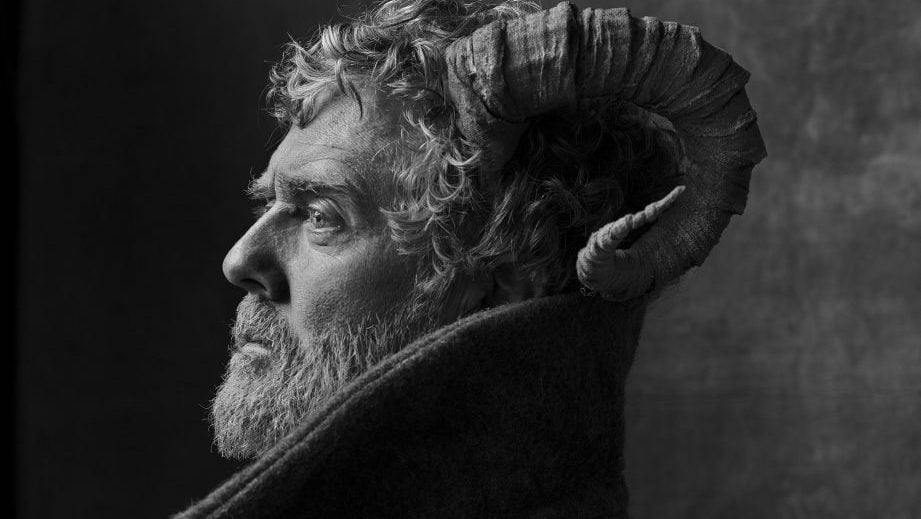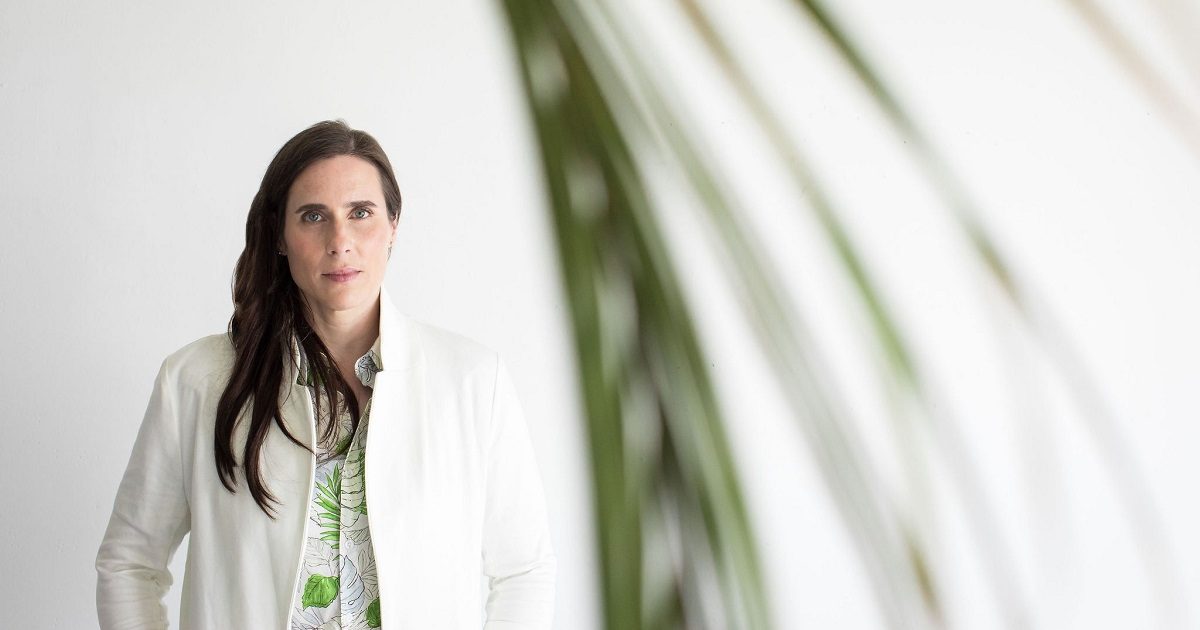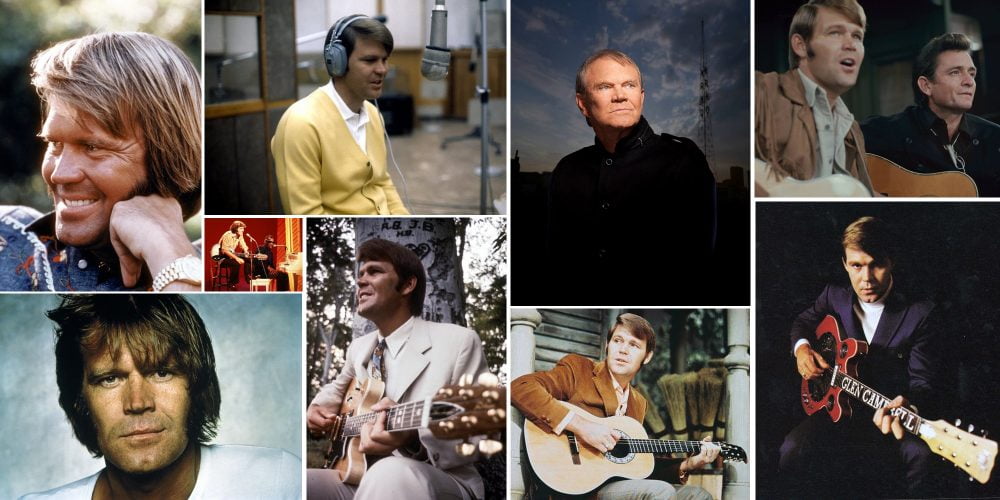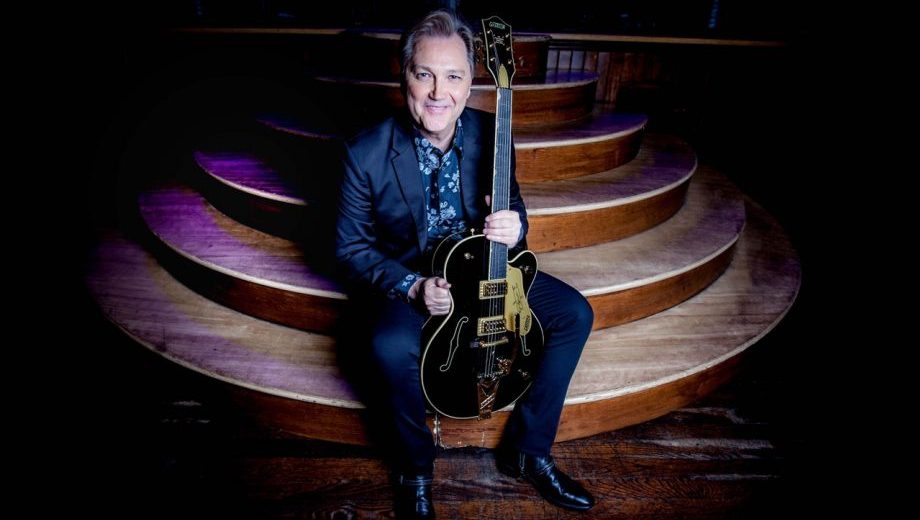Rose Cousins is nothing if not intentional. With her new album Conditions of Love – Vol 1 (out March 14), Cousins demonstrates a controlled discipline as she considers the most unruly of our emotions. The JUNO award-winning artist is a student of love, from the sweet certainty of “One Love” from her 2016 album If You Were For Me to the entirety of her 2017 masterpiece Natural Conclusion to “The Agreement,” a consideration of the liberties and drawbacks of a long-distance open relationship from her most recent prior full-length project, Bravado.
Over the years, Cousins has honed her approach to her craft as carefully as her music, even taking a five-year break between albums to recover from burn out and focus on songwriting over performance. That commitment to her art is just one small part of what has earned Cousins the recognition of being named BGS’ Artist of the Month.
Conditions kicks off with “To Be Born,” an instrumental channeling of the rural Prince Edward Island where Cousins grew up. Buzzing wonderment introduces us to a song cycle of love in all its forms: romantic, platonic, a sense of one-ness with the universe – and what causes them to grow and die. At the beginning of it all, Cousins tells us, is that sense of wondrous possibility.
“I Believe in Love (and it’s very hard)” harbors a desire that Cousins hinted in a 2012 interview with No Depression – a fascination with songs that are upbeat and poppy, but communicate something serious. The song is a catchy thesis statement for this album: that as much we depend on our bonds with others to survive, we crave our individual freedoms and yearn for balance.
I know in love it’s hard to be
Everything that someone else could ever need
While holding onto “wild and free”
Wild and free
Wild and free
Wild and free
Wild and free
But there are certain types of love that require obligation. “Needed You” weaves bitterness and compassion together with the opening salvo,
Yeah I turned out fine
It’s what we do
I spent my time looking for clues
So I became a wishing well
And I don’t need water
Is what I tell myself
In this moving piano ballad, Cousins considers both the person she’s become and the inner child who needed nurturing. While the song seeks to find reconciliation between that vulnerable inner core and the people in our past who make us lock that core away, the song also invites us to empathize with the legacies of intergenerational trauma that can lead to a family’s failure to meet a child’s emotional needs. It’s an astonishing track, one that efficiently wraps years of therapy into four minutes.
“Denouement” is even more precise – an airy collection of word associations that invite us to fill in the blanks in the arc of a relationship.
Happenstance
Vast expanse
Circumstance
Second glance
Take a chance
New romance
Take my hand
Can I have this dance
Cousins’ abstraction is delightful, a wry acknowledgment of how cliche love can be, even as we revel in its glorious highs (and pray that the lows stay away as long as possible – forever, ideally.) But the cycle eventually starts again – after all, we’re only human – and the dance can feel as familiar as it does wondrous.
That feeling extends to another shade of love: gratitude. “Borrowed Light” asks us to reflect on the ways we connect with everything around us, and to appreciate the all-too-brief length of time we have to experience it.
I am borrowing light
From the moon, who is borrowing light
From the sun who comes back every time
Every time
“Borrowed Light” is anchored by a questing piano line, an instrument that Cousins feels is her first love. As the instrument – a 1967 Baldwin grand that Cousins and long-time collaborator/producer Joshua Van Tassel fell in love with immediately – traverses the cosmos, Cousins is buttressed by a backing chorus momentarily, sublimely, at the song’s apex.
Conditions of Love – Vol 1 doesn’t offer many answers and, of course, the title hints at further dives into the topic. However, Cousins does offer one example of how to live, a waltz dedicated to her late friend and colleague, Koady Chaisson, “K’s Waltz.”
Your heart
It did not give out or give in
It gave everything
It gave everything
It gave everything
It gave everything
As hard as it is, Cousins begs us to be as open as possible, to feel all of it – love and joy, yes, but also grief at partings that are inevitable, no matter what. It’s only when we push through our defenses to embrace radical openness, when we “give everything,” that we can say we have lived well.
We are so very excited to name Rose Cousins our March 2025 Artist of the Month. Dive into our exclusive interview with Rose all about the new album here, listen to Rose in conversation with her longtime friend Edie Carey on Basic Folk here, explore our Essential Rose Cousins Playlist below, and follow along on social media all month long as we go back into the BGS archives for anything and everything Rose Cousins.
Photo Credit: Lindsay Duncan
